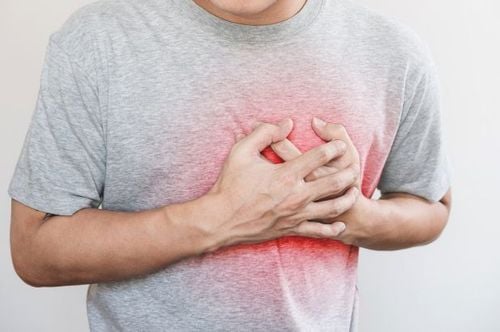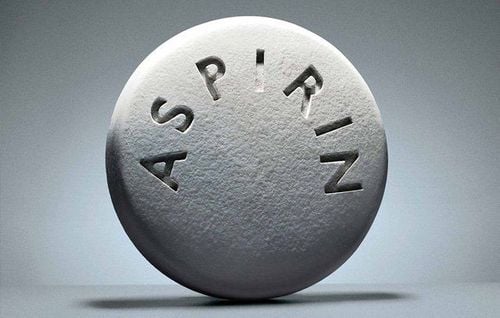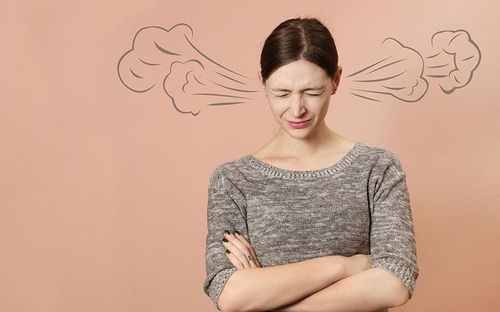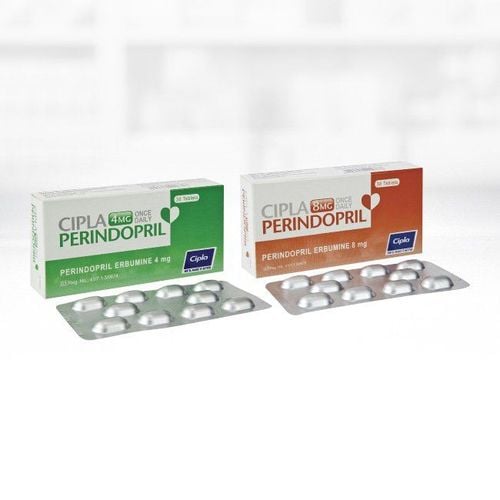This is an automatically translated article.
We often think of the heart and brain as completely separate because they are located in different regions of the body. However, these two agencies are closely related. When the brain generates negative emotions, the heart will also be affected.1. What are negative emotions?
Many studies have shown that negative emotions such as anxiety, fear, anger, hostility, loneliness, and depression are harmful to heart health.People who feel lonely, depressed and isolated are many times more likely to get sick and die than those with a sense of love and community.
There are two types of stress that affect the brain. Positive stress can motivate us to get things done by increasing our focus. On the other hand, negative stress can lead to exhaustion and cardiovascular disease.
2. Effects of negative emotions on patients with coronary artery disease
Negative emotions can lead to increased blood pressure, damage to blood vessels, arrhythmias, and a weakened immune system.About 30-50% of patients with coronary artery disease have ischemic heart disease. This situation will become worse if the patient has negative emotions. Negative emotions in patients with heart failure increase hospital admissions, cardiovascular events such as heart attack, myocardial infarction, and death.
In fact, once you have a heart condition, any strong negative emotion like anger or fear can lead to serious arrhythmias and death. Expressions like “die of fear” and “die of anxiety” are not just exaggerations. It's purely a physiological possibility.

Những cảm xúc tiêu cực của bạn có thể gây ảnh hưởng xấu đến trái tim
3. Effects of negative emotions on people without coronary heart disease
In 1997, Lauri Toivonen and colleagues studied the changes in the ECG (electrocardiogram) of healthy doctors when receiving an emergency call. The ECG showed myocardial ischemia and irregular heartbeat.Recent studies have also observed these changes in patients with stress, anxiety and depression. Even in healthy people, major depression doubles the risk of cardiovascular-related death.
4. Control negative emotions
Stress is a part of life. It is important to take stress in a positive way in order to handle it. There are many ways to alleviate negative emotions, including:Don't abuse alcohol and food when you're stressed: Eating too much makes you more stressed. Heavy drinking can lead to heart failure as well as make existing conditions worse. Practice saying "no" to people: Set limits for yourself, you don't have to meet all the requirements and expectations of others. Be firm when necessary while still respecting the other party. Exercise regularly: Physical activity helps your body release endorphins that make you feel happy and optimistic about life. Build a sensible work plan: Stressors can be eliminated by good time management and setting realistic priorities and goals. Relax: Taking time each day to relax helps the body recover from the impact of negative emotions.
Please dial HOTLINE for more information or register for an appointment HERE. Download MyVinmec app to make appointments faster and to manage your bookings easily.
Reference sources: health.harvard.edu, webmd.com












